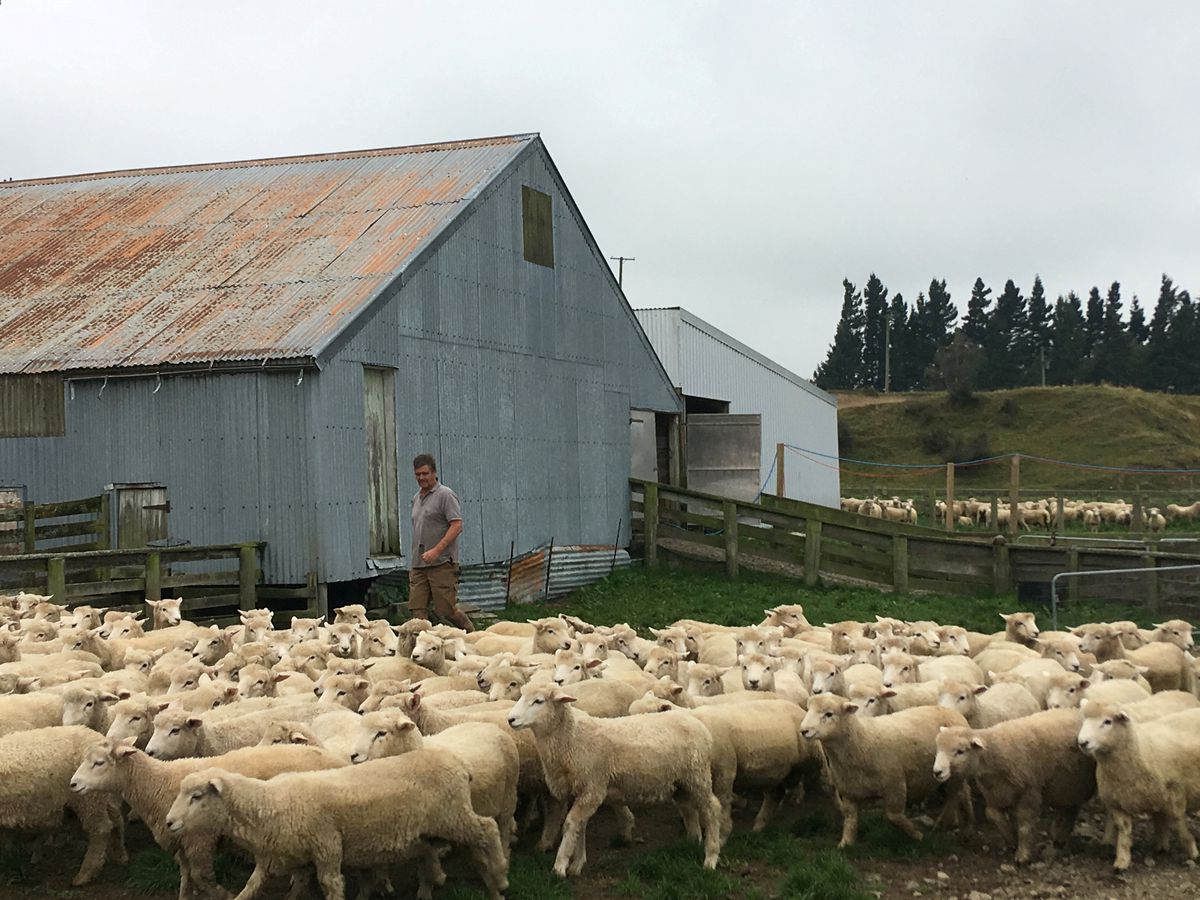
New Zealand announced a draught plan on Wednesday to put a price on agricultural emissions in an effort to address one of the country’s major sources of greenhouse gases, spewing sheep and cattle.
According to the Ministry of Environment, the proposal would make New Zealand, a significant agricultural exporter, the first country to require farmers to pay for livestock emissions.
New Zealand, which has a population of 5 million people, has approximately 10 million cattle and 26 million sheep.
Agriculture accounts for over half of the country’s total greenhouse gas emissions, primarily methane, yet agricultural emissions have previously been exempted from the country’s emissions trading plan, sparking criticism of the government’s commitment to combat global warming.
Farmers will be required to pay for their greenhouse gas emissions beginning in 2025, according to a draught proposal developed by government and farm community groups. Short- and long-lived agricultural gas will be priced individually, although their volume will be calculated using a single measure.
‘There is no doubt that we need to reduce the quantity of methane we emit into the atmosphere, and an efficient emissions pricing scheme for agriculture will play a critical role in achieving that,’ said Climate Change Minister James Shaw.
Farmers that cut emissions through feed additives will be rewarded, and on-farm forestry will be utilised to offset emissions. The scheme’s revenue will be used to fund agricultural research, development, and consultancy services.
‘Our proposals enable sustainable food and fibre production for future generations while contributing to our country’s climate commitments,’ said Michael Ahie, chair of the He Waka Eke Noa primary sector collaboration.
According to Susan Kilsby, agricultural economist at ANZ Bank, the idea could be the most significant regulatory disturbance to farming since the withdrawal of agricultural subsidies in the 1980s.

Post Your Comments